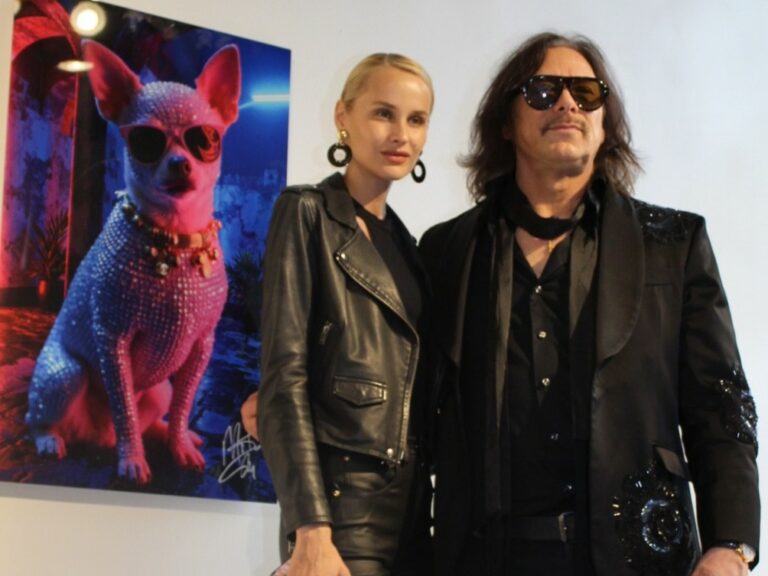Explore More
One Size Doesn’t Fit All- A $40M Story Debunks Startup Myths
Startup myths crashed many entrepreneurs dreams. Learn from David and Chris who challenged the norms and sold their business for 40 M

Startup mythology often paints a misleading path to success. In reality, over 70% of all startups fail between the second to the fifth year. However, brands like Nike, Shopify, GoPro, Basecamp, and GitHub challenged this trend by bootstrapping their way to success.
AppArmor, followed a similar path, bootstrapped and prioritized customer service and empathetic leadership instead of rushing to grow quickly. They achieved substantial success and sold our startup for $40 million after ten years.
Avoiding startup myths and stereotypical practices was key in their journey. Instead of craving peer legitimacy, they focused on delivering profitable and culturally sound services. While their story is not unique, it serves as a reminder to challenge the norms and think differently about entrepreneurship.
A compelling and often idealised world, the startup myths often paint scenes from grassroot garage beginnings, magically growing into a Silicon Valley takeover backed by a substantial seed capital. Overnight, the dramatic narrative tells of transformation into a multi-million-dollar enterprise that revolutionises the world. Household names like Zuckerberg, Musk, Gates and Jobs often pop up.
However, the path to entrepreneurial success is seldom . While startup mythology serves for an inspiring narrative, for many entrepreneurs, it becomes a misleading guide. Many eagerly follow the stereotype, only to learn that it doesn’t yield the initial projections. After all, one size doesn’t fit all.
One size doesn’t fit all.
Among startups, a staggering 70% fail between the second and fifth year. In the tech and e-commerce sectors, failure rates are higher, with an estimated 80% not making it. Of all startups, the ones backed by venture capital have a 75% failure rate.
Interestingly, some brands managed to defy the startup stereotype, prominently, they aren’t recipients of large venture capital funding. Big names like Nike, Shopify, GoPro, Basecamp, Vuori, GitHub, and countless others, managed to bootstrap their way to billion-dollar valuations.
Entrepreneurs hope to emulate this type of success story, expecting instant financial windfall along with societal impact. But, the path to startup success is more nuanced, devoid of the overnight success and mythical glamour. More and more entrepreneurs are looking for the myth-free guide to attain startup dreams.
Path to Success
Ten years ago, two brothers, David Sinkinson with his brother Chris, cofounded a software as a service startup, AppArmor. As opposed to traditional startups that feed on seed capital, they fuelled their company through a unique method: customers were the investors. Additionally, they didn’t flock to Silicon Valley but patiently allowed the market to evolve and grow.
Contrary to the quick expansion mantra, David and Chris prioritised premium customer service and empathetic leadership. With this spirit, they took on the challenge and turned their startup into one of the fastest-growing companies nationwide, with triple-digit year-over-year growth. After ten years, they closed with a $40 million sale.
Although it didn’t establish them as unicorns, the two brothers created generational wealth and reached their company’s tremendous mission.
Learning from Mistakes
The two bothers took missteps. Originally they naively bought into several startup myths, which led to dire consequences. But, overall, their approach to building, scaling and supporting their business led to a fulfilling professional achievement. What was key to their success? David and Chris challenged the norms and forged a new framework for themselves, despite the standard entrepreneur narratives and carved a path tailored to their unique strengths, market and customers.
Their approach was different, both operational and psychological. On the operational front, the brothers were cautious of stereotypical startup practices. Instead of adhering to a hollow startup culture that didn’t resonate with them, they focused on personalisation.
On the psychological front, they prioritized market validation over legitimacy in the eyes of their peers, freeing themselves from unproductive conformities. Avoiding the stereotypical startup distractions, David and Chris focused on delivering profitable and culturally sound services that the market rewarded them for.
While their success story is unique, there are many successful startups that venture outside the standard myths. They keep themselves away from the seductive power of startup mythologies, which more than often crushed entrepreneurs’ dreams.
It is worth reading more about and David and Chris $40M STORY, to understand how to think differently, in their upcoming book ‘Startup Different: The Myth-Busting Blueprint for your Multi-Million Dollar Business.’
Do you want to share your story and inspire our readers ? Know that YOUR EXPERTISE is paving the way for a fairer, happier society.



